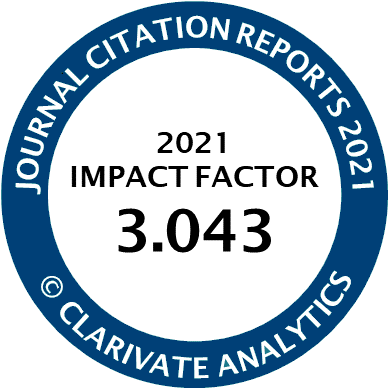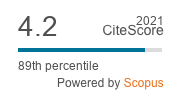Article | Open Access
Inclusive Media Education in the Diverse Classroom: A Participatory Action Research in Germany
| Views: | 125 | | | Downloads: | 28 |
Abstract: Media literacy has become a key concept for understanding how different citizens develop the capacity to participate in the mediatized society. One key question here is how media literacy education can support people of diverse backgrounds to have equal chances of benefiting from the media. Furthermore, as many schools are characterized by superdiversity, especially in bigger cities (Crul et al., 2013), there is also a need for research on media education and diversity. This article presents the findings of the research project INCLUDED, a participatory action research about media education in a secondary school in Germany. The project aims to analyse the everyday media use of young people with diverse cultural backgrounds living in a socio-economically disadvantaged neighbourhood and co-develop teaching modules on media literacy education integrating an intercultural perspective. The fieldwork of the project (January 2020–April 2021) included participatory observations (online and offline), teacher interviews, and focus groups with the students (13–15 years). The article will particularly focus on one teaching module that focused on TikTok and Instagram influencers. The students’ presentations in the classroom demonstrated how the diverse cultural backgrounds of the students also shaped the content that they consumed on social media. Analysing this teaching module as an example, this article discusses the benefits and challenges of designing a more inclusive and participatory approach to media education in the context of culturally diverse schools as an alternative to culture-blindness and over-emphasis of cultural differences.
Keywords: diversity; inclusion; influencers; Instagram; media education; media literacy; migrants; social media; TikTok; youth
Published:
© Çiğdem Bozdağ. This is an open access article distributed under the terms of the Creative Commons Attribution 4.0 license (http://creativecommons.org/licenses/by/4.0), which permits any use, distribution, and reproduction of the work without further permission provided the original author(s) and source are credited.



